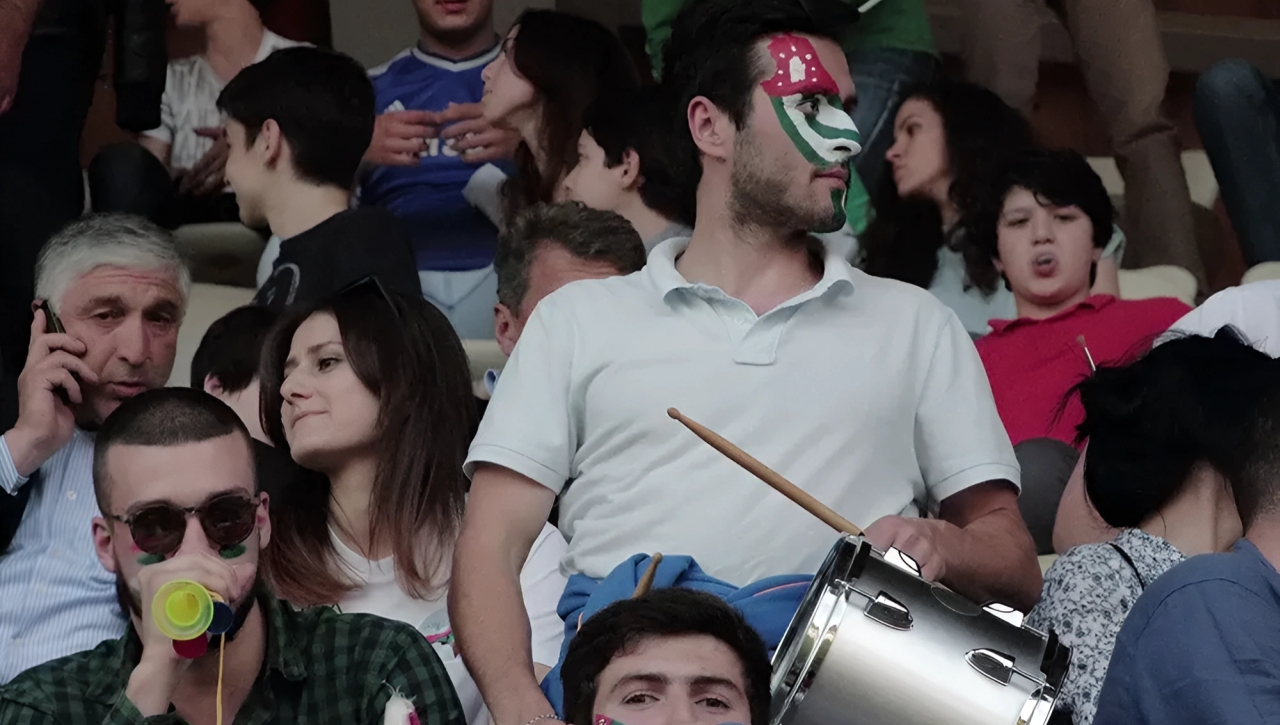Kieran Pender
Australian writer, lawyer and academic. He served on the board of CONIFA from January 2017 to January 2020.
As a writer, I have been fortunate to witness many incredible sporting moments. I have covered some of the biggest sporting events in the world: the Tour de France, the men’s World Cup, the women’s World Cup, the Olympics. But nothing will ever compare to the night, in June 2016, when Abkhazia won the Confederation of Independent Football Associations (CONIFA) World Football Cup, and I was standing pitch-side.
I remember it like it was yesterday, even though sometimes it feels like it was a dream. A surreal, week and a half long international football tournament for the forgotten, the excluded, the neglected – nations, territories and minority groups that were not part of the formal international sporting framework. Instead, they found a home in CONIFA and a host in Abkhazia, wedged between the Black Sea and the imposing Caucasus mountains.
What a tournament it was. The Abkhazians were welcoming hosts, the tournament ran relatively smoothly (well, as smoothly as could be expected of a major event convened by a volunteer-run international NGO), and the football was largely entertaining. But nothing could prepare observers for the exhilarating final, as the home-side took on Panjab (representing an ethnic group from India and Pakistan).
The atmosphere was electric. The stadium in central Sukhum/i was heaving with cheering fans, their faces painted in the national colours. Indeed, the stadium was so far over capacity I had safety concerns – about 10,000 people had crammed in to a 5,000-seater stadium, such was their desperation to watch the Abkhazian team play on this international stage.
But by the 86th minute of the final, the deafening noise had subsided. Concern grew – Panjab was up 1-0. Then suddenly Abkhazia were on the break. A cross came in from the right, and Abkhazia’s striker sent it past the Panjab goalkeeper. Pandemonium. The World Football Cup would be determined on penalties.
The tension in the stadium rose. Abkhazia missed consecutive spot-kicks, gifting Panjab two opportunities to secure the trophy. But somehow, remarkably, the home-team’s goalkeeper saved both and the game was level once more.
Panjab scored. Abkhazia scored. Panjab missed – and Abkhazia scored.
It was like nothing I have ever seen, before or since. Instantaneously fans ran towards the centre circle, mobbing the players, celebrating, holding the Abkhazian flag aloft. They chanted: ‘Apsny [Abkhazia], Apsny, Apsny’. The voice of then-President, Raul Khadzhimba, came over the stadium’s loudspeaker system, announcing that the following day would be a public holiday. Jubilation. Scenes.
Abkhazia has a complex past, present and future (which are canvassed by others in this collection). I’m not for a moment suggesting that a sporting tournament can resolve these challenges. But in its own way, sport is powerful. On that incredible night, the people of Abkhazia saw their nation reflected on the football pitch. That was no small thing.
The theme for this collection of contributions is “Reflections on Abkhazia: 1992-2022.” My visit to Abkhazia for the 2016 CONIFA World Football Cup was my first; I have been back several times on reporting trips. But that first visit will always be my abiding memory of Abkhazia, culminating as it did with the greatest sporting moment I have ever witnessed. The night Abkhazia won the world cup.
![Abkhazia: [14 August] 1992-2022](/images/banners/logo.png#joomlaImage://local-images/banners/logo.png?width=40&height=33)
